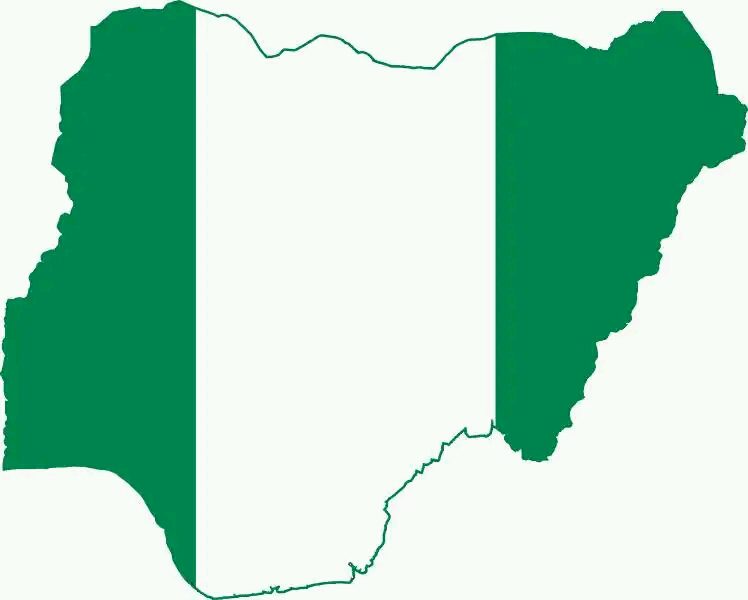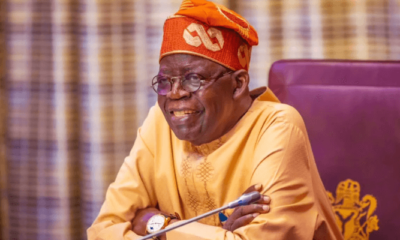Breaking News
Experts explain why Nigeria’s evolving public debt structure is concerning
In his comment, Clifford Egbomeade , Analyst /Public Relations and Communications Adviser at ID Africa said, “From a nuanced standpoint, the decrease in external debt could be seen positively as a step towards reducing reliance on foreign borrowing. However, the increase in domestic debt should be analysed cautiously.

Even with decreased debt growth, the new report on Nigeria’s public debt appears to be alarming to some financial analysts.
The Debt Management Office, DMO, had reported that Nigeria’s public debt rose to N87.91 trillion or $114.25 billion at the end of the third quarter 2023, Q3’23, just 0.6 percent higher than previous quarter figure of N87.38 trillion.
The debt figures show that the government is now concentrating on domestic borrowing while playing down foreign borrowing.
Some financial analysts who spoke to Vanguard hinted that shift may not yield positive results to the economy.
Advanced markets will be a determining factor —Parthian Partners
Commenting on the development, Okiki Oladipo, Senior Analyst at Parthian Partners, a Lagos based investment house, said: “Given the sustained hike of interest rate across advanced economies during the year, local borrowing became the most affordable. This, in hindsight, explains the significant portion the domestic debt contributed to the public debt as reported in Q3 2023.
“On the foreign debt side, the repayment of $500 million Eurobond in July contributed to the decline in the foreign currency debt. Going forward, the probability of this declining or increasing is hinged on whether or not we continue to see rise in interest rate in advanced economies”.
Economy is on life support — Adonri
Commenting as well, Analyst and Executive Vice Chairman, at HIIGHCAP Securities Limited, said: “The economy is on life support and debt is still necessary to oxygenate it.
“If the momentum of reforms is not diminished, winding down of domestic and foreign debt will be sustainable.
“If economic development is centered on utilization of domestic factors of production to build infrastructure and industries, then the winding down process will be expedited.”
Domestic debt stock is more in FGN bonds — Uwaleke
Reacting to the marginal increase in public debt, Prof Uche Uwaleke, President, Association of Capital Market Academics of Nigeria, ACMAN, said: “The latest public debt data shows that the pace of public debt accumulation has slowed in view of the marginal increase recorded as well as the decrease in the external component.
“However, it is worrisome that the outstanding domestic debt stock is more in FGN bonds which are not tied to specific projects accounting for over 80 percent.
“It is important that future domestic borrowings are done using more of infrastructure bonds such as Sukuk and Green Bonds instead of FGN bonds which tend to compound the debt service burden since they are not connected to any self-liquidating project.”
It might pose sustainability concerns—Egbomeade
In his comment, Clifford Egbomeade , Analyst /Public Relations and Communications Adviser at ID Africa said, “From a nuanced standpoint, the decrease in external debt could be seen positively as a step towards reducing reliance on foreign borrowing. However, the increase in domestic debt should be analysed cautiously.
“If this rise is attributed to investments in infrastructure or sectors that yield economic growth, it might signify a strategic move towards stimulating the local economy.
“Yet, if the domestic borrowing is predominantly for recurrent expenditure without generating significant returns, it might pose sustainability concerns.
“The government’s commitment to servicing these debts is commendable. However, sustained scrutiny and prudent management of debt levels are crucial to ensure that borrowing aligns with productive investments, thus fostering sustainable economic growth while avoiding over-indebtedness.”









